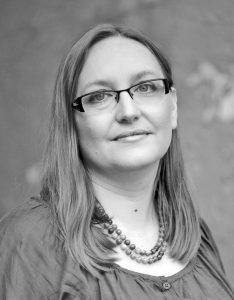Ervaringen van allochtone vrouwen in Nederland
Meer : http://annafenko.nl/uncategorized/whats-in-a-name/
When I applied for the Dutch passport, I had to provide my birth certificate and the complete history of my previous relationships. I had changed my last name after my first marriage and I’d decided to keep it after the divorce. The municipality official explained to me that I can return my ‘real’, maiden name. I replied that I am not interested in doing that. This answer made the clerk very puzzled and concerned. She told me that I have nothing to be afraid of, that here, in the Netherlands, women have exactly the same rights as men. They can keep their own name.
I tried to explain to her that I had practical reasons for keeping my current name. I’d married early, and I had my University diploma and a lot of other documents issued in my married name. Changing any official document in Russia is a bureaucratic nightmare. Furthermore, I was pursuing an academic career and I had already written more than 50 academic papers and a couple of books under my married name. Changing my last name would bring my visibility in the academic world and my citation index back to zero.
I tried to explain all that to the clerk, but she kept repeating that I am safe in the Netherlands and have nothing to fear. At that moment I fished out one of the documents from my file, a copy of the death certificate of my former husband. I showed it to her and repeated that I am fully aware of the fact that my former husband couldn’t hurt me, because he’d passed away. ‘Oh, I understand. You want to keep his name as a way of commemorating your relationship’, said the clerk. Frankly, this idea had never occurred to me. We’d divorced long before his death, and I had no romantic feelings toward my first husband whatsoever. But I agreed to her just to finish this idiotic discussion and to go on with my life.
